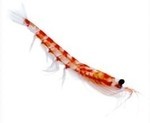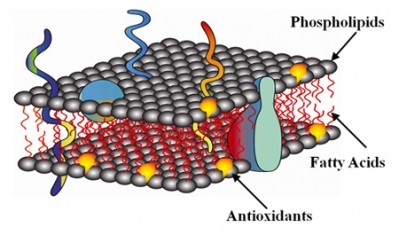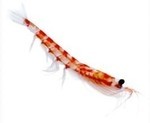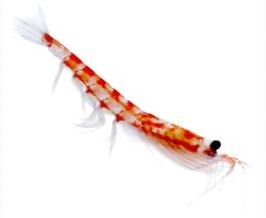Fake krill undermines whole market, warns Aker Biomarine
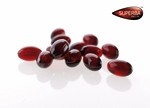
Eric Anderson, vice president, sales & marketing at krill oil giant Aker Biomarine Antarctic US, was speaking to NutraIngredients-USA.com following the publication of new research suggesting krill oil could beneficially regulate genes in the liver.
He said: “There is ‘krill oil’ on the market with just 0.5 percent phospholipids, whereas Antarctic krill oil contains about 24 percent omega-3 fatty acids and at least 40 percent phospholipids, to which the majority of the omega-3s are bound.
“What I find stunning is that some large marketing companies are buying this and effectively defrauding people because they think consumers don’t know any better.
“But it undermines everything we are trying to do.”
He added: “It’s good news that the Federal Trade Commission and the Food and Drug Administration are being more proactive [by cracking down on unscrupulous players in the dietary supplements trade] but all we can do right now is work with companies that are serious about quality and ensure that a serious product is getting on shelf.”
Important distinctions
Separately, it would also be useful for the market to distinguish between pure krill oil from firms such as Aker Biomarine and blends of krill oil with fish concentrate, medium chain triglycerides, algae and other ingredients, which were being marketed as krill oil” without clearly describing the blend”, said Anderson.
“If you are marketing a blend I think it should be clearly labelled as a blend."
Meanwhile, Aker was working within GOED, the global omega-3 EPA and DHA organization, to establish a monograph for krill oil, he said.
Functional foods and krill
While Aker’s Superba krill oil was well established in the dietary supplements market, it was a relatively new entrant to the functional food market, he said.
However, Aker was now working with a range of customers from “small, more progressive firms to large traditional food companies in everything from functional beverages to dairy” on developing food and drink products for the US market, said Anderson.
While krill oil was more expensive than fish oil, it offered certain advantages to food and drink manufacturers, he claimed.
“As the omega-3 fatty acids in krill are bound to phospholipids [rather than triglycerides, as in algal and fish oil] they are more bioavailable, so you can use less. Milligram to milligram, krill oil delivers 60 percent more omega-3s to the cells, so when they look at establishing DRIs (daily reference intakes) this will have to be taken into account.
“Krill oil also mixes with water, enabling its use in a wider range of products, and it is more stable because the astaxanthin [a powerful antioxidant] in the oil helps protect the fatty acids from oxidation.
“However, krill oil is red, so that can present some problems if you are looking at clear beverages for example.”
Sustainable sourcing
While a growing body of science supporting the benefits of krill oil would help to drive sales, addressing sustainability issues was critical to maintaining market confidence, he said (Whole Foods Market last year stopped selling krill citing concerns over sustainable catch levels).
“First and foremost we want to be recognized as a respectable harvester as we are the only supplier to be awarded Marine Stewardship Council (MSC) certification, which means our products are eligible to bear the MSC logo that identifies that they come from a sustainable source.
“With more retailers such as Walmart and Costco making commitments about MSC certification on fresh fish, consumer awareness of the label is rising all the time, and that will in turn raise awareness of what we’re doing.”
The amount of krill being harvested today was well below the 620,000 ton sustainable catch limit set by the Commission for the Conservation of Antarctic Marine Living Resources, an international that governs krill fisheries, he added.
“Last year the total krill harvest was around 210,000 tons [out of estimated total biomass of more than 400 million tons], which is less than half of what was being harvested in the early 1980s when the Soviets were using it to feed their population.”
